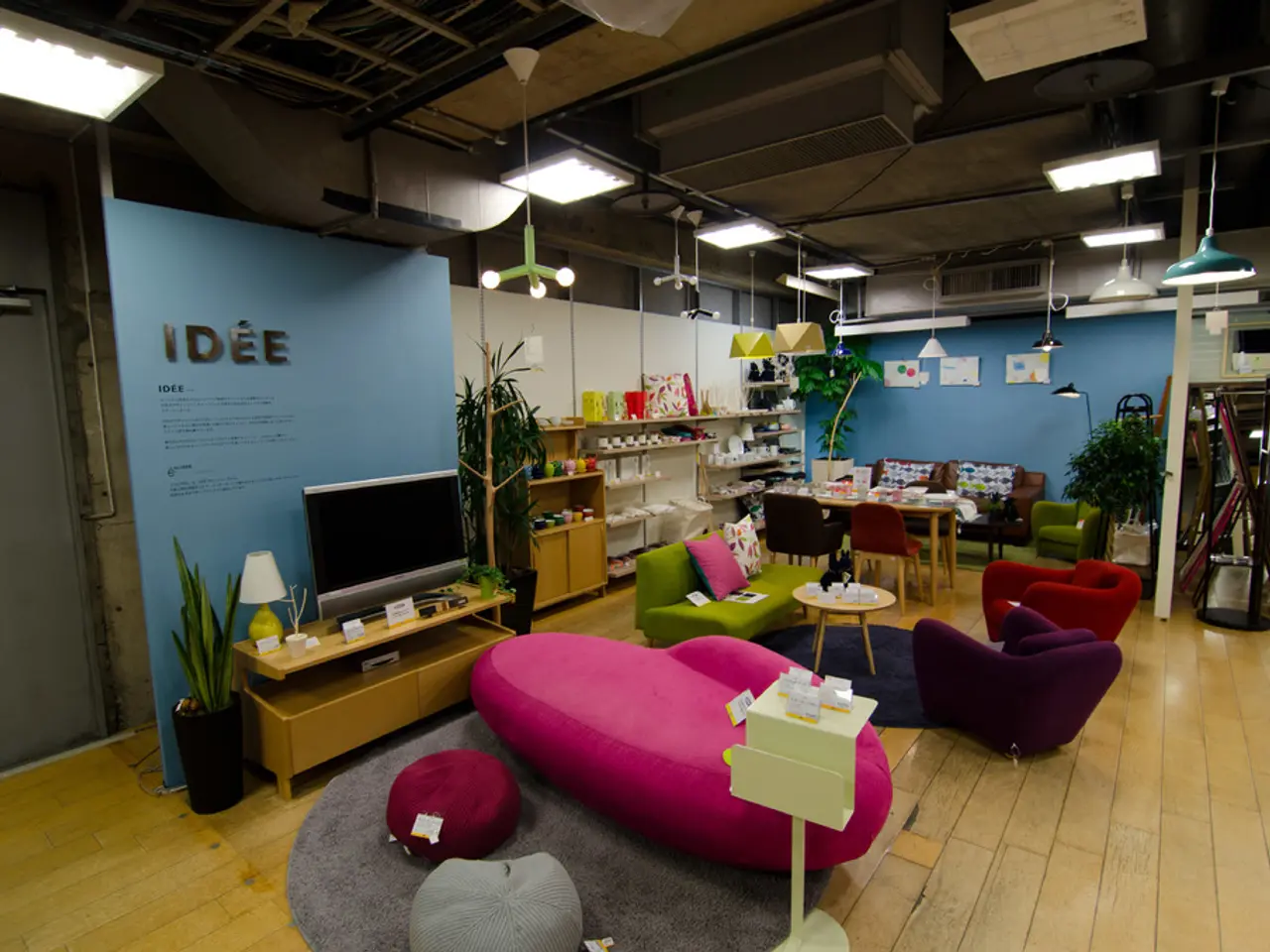Different Kinds of Bathroom Tiles: Your Handbook for Tile Selection During Your Bathroom Renovation
Bathroom tiles are a crucial element in creating a functional and stylish space. With a variety of options available, each offering unique benefits and drawbacks, it's essential to understand the characteristics of each type to make an informed decision. Here's a breakdown of the pros and cons of popular bathroom tile choices.
Porcelain Tiles -----------------
Porcelain tiles are a durable and water-resistant option, making them ideal for high-moisture areas. Their low maintenance requirements and versatility in design make them a popular choice. However, their hardness and density can make installation challenging, and they may lack the warmth and irregularity of natural materials.
Ceramic Tiles --------------
Ceramic tiles are generally cheaper than porcelain, making them a budget-friendly option. They are easier to install and come in numerous designs. However, they are less dense and more prone to wear compared to porcelain, and their smaller sizes mean more seams and grout lines, affecting aesthetics.
Marble Tiles -------------
Marble tiles offer an elegant, luxurious feel and maintain their aesthetic appeal over time. However, they require sealing to protect them from water and stains, increasing upkeep costs, and are generally more costly than porcelain or ceramic tiles.
Limestone Tiles ----------------
Limestone tiles add warmth and a natural, earthy appearance to bathrooms. They can be durable, though they may require sealing to protect against moisture. However, they are more porous than porcelain, requiring regular sealing to prevent water damage, and need consistent care to maintain their appearance.
Encaustic Cement Tiles -----------------------
Encaustic cement tiles are known for their bold, artistic patterns and offer a durable, long-lasting finish when properly sealed. They add a vintage or modern touch to bathrooms. However, they require sealing to resist moisture and can be heavy, which may affect installation and structural considerations.
Zellige and Bejmat Tiles ------------------------
Zellige and Bejmat tiles offer a unique, artisanal look and can add character to bathrooms. They are durable when properly sealed. However, Zellige tiles often have varying thicknesses, which can complicate installation, and both require sealing to maintain their appearance.
Terracotta Tiles -----------------
Terracotta tiles provide a warm, earthy look and feel, suitable for creating a cozy atmosphere. They are generally more affordable than porcelain or marble tiles. However, they are highly porous, requiring frequent sealing to prevent water damage, and need regular maintenance to maintain their appearance.
Terrazzo Tiles ---------------
Terrazzo tiles offer a distinctive, multicolored appearance that can add visual interest to bathrooms. They are hardwearing and long-lasting when properly maintained. However, they are generally more costly than ceramic or terracotta tiles and require sealing to protect against stains and moisture.
Reclaimed Tiles ----------------
Reclaimed tiles showcase the beauty of natural weathering and wear and are a sustainable option. They add a unique, historical charm to bathrooms. However, they may be challenging to find matching tiles due to their recycled nature, and tiles may vary in condition, requiring additional restoration work.
Glass Tiles -----------
Glass tiles reflect light beautifully and are easy to clean. They come in a wide range of colors and patterns. However, they may not offer enough traction when wet, posing a slip risk, and while durable against water, they can be prone to cracking if improperly installed or subjected to heavy impacts.
When choosing bathroom tiles, consider factors such as the room's moisture levels, your budget, desired aesthetic, and maintenance preferences. Each type of tile brings its unique qualities to your space, ensuring there's a perfect fit for every bathroom.
- Porcelain tiles, with their durability and water resistance, are optimal for high-moisture areas, despite installation challenges and the lack of warmth compared to natural materials.
- Ceramic tiles, cheaper than porcelain, are easier to install and come in various designs, yet they may have more seams and grout lines, affecting aesthetics, and are less dense than porcelain.
- Marble tiles provide an elegant, luxurious feel and maintain their aesthetic appeal over time, but require sealing to protect from water and stains, increasing upkeep costs, and are generally more costly than porcelain or ceramic tiles.
- Limestone tiles offer warmth and a natural earthy appearance, though they may require sealing to protect against moisture and need consistent care to maintain their look.
- Encaustic cement tiles, known for their artistic patterns, offer a durable finish when properly sealed, but may be heavy, affecting installation, and require regular sealing to resist moisture.
- Zellige and Bejmat tiles add character with their unique, artisanal look, but Zellige's varying thicknesses can complicate installation, and both types require sealing to maintain appearance.
- Terracotta tiles provide a warm, earthy look and feel, are affordable, yet their high porosity necessitates frequent sealing and regular maintenance to prevent water damage.
- Terrazzo tiles offer a multicolored appearance and are long-lasting when properly maintained, yet they are costlier and require sealing to protect against stains and moisture. Reclaimed tiles showcase the beauty of natural wear, are sustainable, but may be challenging to find matching tiles and require additional restoration work. Glass tiles reflect light beautifully, have a wide color range, and are easy to clean, yet may have slipping hazards and be prone to cracking with improper installation or heavy impact. When choosing bathroom tiles, consider factors such as moisture levels, budget, preferred aesthetic, and maintenance preferences to find the perfect fit for your bathroom.




